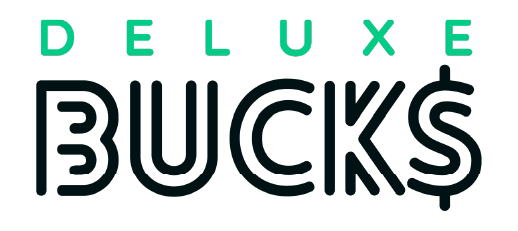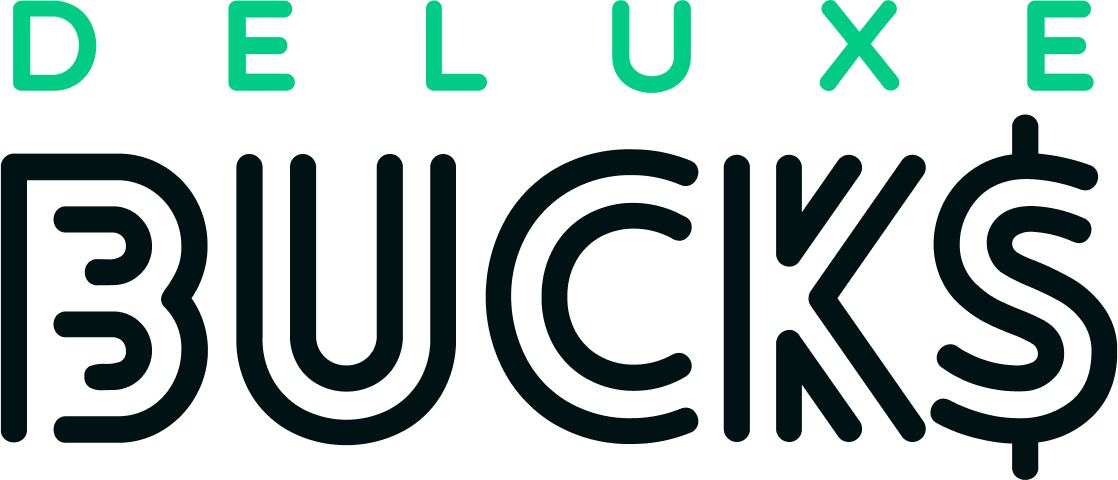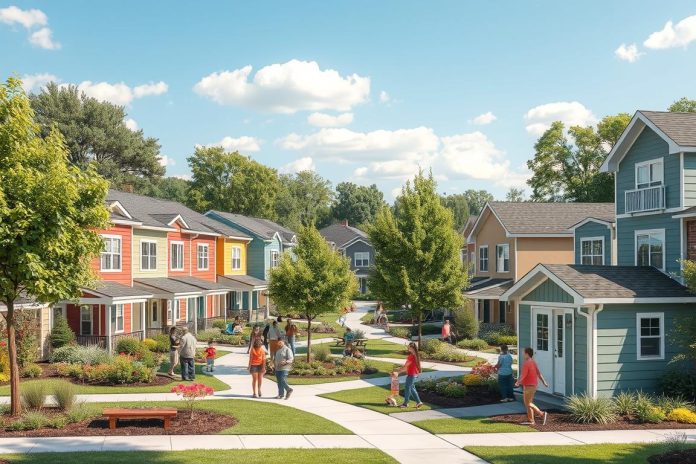Imagine this: you’re almost out of money, and you don’t know when more will come. The fear of homelessness is close, and it’s scary. But, there’s good news—there are programs out there to help. They offer affordable housing assistance to prevent you from losing your home. Knowing about emergency housing services, ways to find a temporary home, and programs to stop homelessness can save you. Virginia Housing is a great friend in this battle. They help Virginians get back on their feet with money, tools, and partnerships for a stable home1.
Key Takeaways
- Discover the supportive avenues of affordable housing assistance during financial hardships.
- Dive into potential emergency housing services to immediately address your housing crisis.
- Explore the benefits of transitional housing solutions for long-term stability.
- Learn about comprehensive homelessness prevention programs to avert the risk of becoming unhoused.
- Make informed decisions with the help of resources and programs such as those offered by Virginia Housing.
Understanding Affordable Housing Options
Rising rent prices and housing shortages are big problems today. Looking into affordable housing assistance helps those struggling with living costs. By learning about low-income housing resources, you can find a way to more stability and security.
What is Affordable Housing?
Affordable housing is made to be within budget for those making a modest income. The Department of Housing and Urban Development (HUD) says affordable housing shouldn’t take up more than 30% of income. But there’s a big need, with 6.8 million more units needed for very low-income families2. Also, 70% of these families spend more than half of their income on rent2. No place in the country offers a two-bedroom apartment affordable on a full-time minimum wage. So, knowing your housing options is critical2.
Homeownership Vs. Rental: Knowing Your Choices
Choosing between buying a home or renting depends on your money situation and future plans. Owning a home can increase your wealth but includes extra responsibilities and initial costs. Renting might be better for those who like to move around. With a shortage of over 7 million affordable homes for 10.8 million very low-income families2, finding the right choice is key.
Places like Anna Cooper House offer 47 affordable homes, while Thea Bowman House helps with temporary needs3. Programs that prepare you for owning a home are important because they help you move from renting to buying.
Assistance Programs: A Safety Net for Qualifying Individuals
Those who qualify can find help through various programs to lower living costs. The Housing Production Trust Fund has created or saved nearly 10,000 homes since 20013. The growth in programs like the Local Rent Supplement Program shows a dedication to make renting easier for very low-income families3.
The Emergency Rental Assistance Program, with a new increase of $14.1 million, is crucial for preventing evictions and helping people find stability again3. However, only 1 in 4 very low-income families who qualify get this assistance, showing a need for more help2.
Investing in affordable housing helps the economy by using public and private resources, which boosts income and productivity2. Studies show that better access to affordable housing could significantly increase GDP growth from 1964 to 20092. So, supporting low-income housing efforts not only addresses financial issues but also helps the overall economy grow.
Housing Support for Struggling Individuals
Finding stable housing can be tough today, especially with little money left. But, there’s still hope. Many housing support programs are there for people in tough spots. If you’re close to losing your home or becoming homeless, knowing about these supports is key to keeping a roof over your head.
Seeking Emergency Housing Services
If you’re suddenly without a place to stay, emergency housing like homeless shelters can help. Both adults and families can find a safe place there. The Substance Abuse and Mental Health Services Administration (SAMHSA) helps a lot. They fund programs that connect homelessness and mental health care. For example, they gave $15.3 million to one program in August 2023. Another program aimed at helping homeless people got $15.8 million at the same time4. They also support housing for people with mental health issues and give money to programs for people without homes who have HIV/AIDS4.
Accessing Housing and Urban Development (HUD) Resources
The HUD offers help to prevent homelessness and loss of housing. They also offer advice to avoid foreclosure. Their programs help low-income families, the elderly, and people with disabilities. HUD checks that housing is safe and affordable. They provide public housing where rent is about a third of a resident’s income. They also offer Section 8 vouchers for more housing options5.
Rental Assistance Programs That Can Bridge the Gap
Rental assistance programs can help if you’re struggling to pay rent. Local agencies work with Centers for Independent Living to help those with disabilities find affordable housing. Some programs, like the Healthy Transitions program, got a $16.4 million boost from SAMHSA. Another program received $48.3 million in September 20234. Organizations like the National Housing Law Project offer help with tenants’ rights. They make sure you know the protections available for you and your family5.
FAQ
How can I find affordable housing assistance when I’m facing financial difficulties?
What immediate steps should I take if I am at risk of becoming homeless?
What is Affordable Housing?
Homeownership Vs. Rental: Knowing Your Choices
Assistance Programs: A Safety Net for Qualifying Individuals
Seeking Emergency Housing Services
Accessing Housing and Urban Development (HUD) Resources
Rental Assistance Programs That Can Bridge the Gap
Source Links
- Need Housing Assistance? – https://www.hudexchange.info/housing-and-homeless-assistance/
- The Problem – https://nlihc.org/explore-issues/why-we-care/problem
- Housing – SOME (So Others Might Eat) – https://some.org/services/housing/
- Homelessness Programs and Resources – https://www.samhsa.gov/homelessness-programs-resources
- Housing – https://mhanational.org/housing


